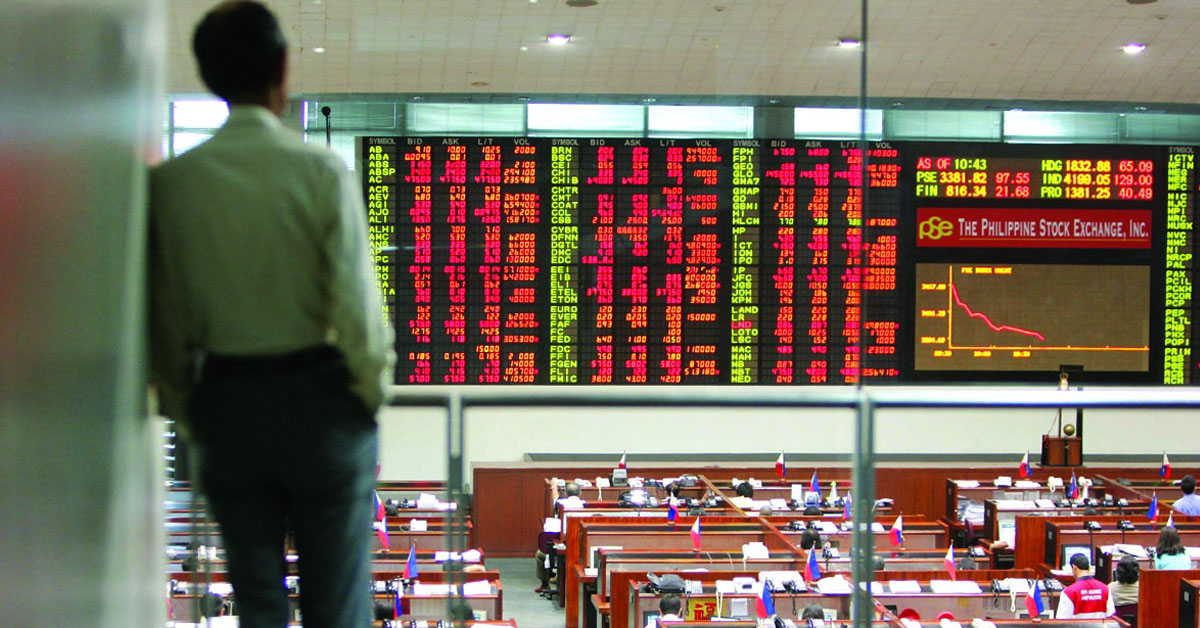 By Ha Thi Hai, bizconsult Law Firm
By Ha Thi Hai, bizconsult Law Firm
Peer-to-peer (P2P) lending has been growing rapidly in Vietnam, along with the development of financial technology. There are a number of such enterprises using online platforms to connect borrowers and lenders, including Tima.vn, Vaymuon.vn, Fungo.vn and Lendbiz.
What is the principal legal framework of Vietnam for P2P lending business?
As a general principle under the Law on Investment of Vietnam, P2P lending is neither a prohibited nor a conditional business line. This is probably the most favourable legal basis for P2P lending to be conducted in Vietnam in the current context.
With no specific regulation promulgating P2P lending, it may be considered as an e-commerce trading platform, with the “buyer, seller” being the borrower and lender, and “goods, services” being lending activity. However, continuous lending for profit is deemed banking activity and is restricted to credit institutions pursuant to Vietnamese laws. On the other hand, it is prohibited by law to take advantage of the name of e-commerce business activities for illegal capital raising from other traders, organisations and individuals. This is probably the reason why almost all P2P lending businesses fail to register as an e-commerce trading platform in Vietnam.
In practice, because P2P lending companies and all other companies in Vietnam have to register their business activities, P2P lending companies in Vietnam mostly register as investment consultancy, information search services via contracts, financial consultancy supporting services, brokerage activities, etc.
In the current context, what legal issues may a P2P lending company in Vietnam be faced with?
First of all, regarding business activities that are not governed by laws and imply potential risks to the society that may not be managed by state agencies, there is a possibility that the Vietnamese state agencies will consider risk-mitigating measures or enact a regulatory framework for the purpose of management. In fact, the State Bank of Vietnam is currently developing a plan to allow a number of companies that have good financial capacity to pilot P2P lending businesses. After that, the State Bank of Vietnam may add P2P lending to the group of conditional business lines to tighten its management.
The second issue relates to loan interest. As there is no governing regulation, the lending interest rate in civil transactions through P2P lending under the Civil Code 2015 shall be agreed by the parties, but must not exceed 20 percent per year of the loan. It is noted that if the interest rate in a civil transaction is five times higher than the maximum interest rate specified in the Civil Code, earns an illegal profit of from VND30 million to under VND100 million or recommits this offence despite the fact that he/she has incurred an administrative penalty or has an unspent conviction for the same offence, it may constitute a crime of usury in civil transactions under the Criminal Code.
The third matter is responsibilities of P2P lending business to the loan. Due to the absence of legal provisions governing the P2P lending business and responsibilities of P2P lending companies, in the current context, the responsibilities of P2P lending company in case the borrower fails to pay the debt based on the civil laws and the agreements signed between the parties, as well as the rules and regulations of the P2P lending platform which are developed and published on their websites. Therefore, if the agreements, rules and regulations are not well prepared, loans are not well managed, KYC appraisal procedure is absent or not reliable enough, it shall easily lead to an increase of bad debts and complaints about the responsibilities of P2P lending companies when bad debts arise.
The fourth is the issue of payment. A number of P2P lending businesses act as payment intermediaries between borrower and lender for the purpose of controlling information of the loan and fee collection. This activity may face the risk of being considered as a payment intermediary business, which must be licensed by the State Bank of Vietnam. The provision of payment intermediary services without a licence of the State Bank of Vietnam may be subject to administrative fines and confiscation of proceeds.
Fifth, regarding anti-money laundering, organisations conducting financial activities are currently required to comply with very strict anti-money laundering regulations by the Law on Anti-Money Laundering. P2P lending activities that have not been governed by anti-money laundering regulations may lead to the risk that the P2P lending business is unable to control money laundering activities that may arise in loan transactions and potential risks from these money laundering activities.
Learning from the lesson of the explosion of uncontrolled P2P lending in China, leading to the collapse of hundreds of P2P platforms in 2018 and the recent trend of redirection of some P2P lending platforms to Vietnam, the Government will issue legal regulations in the coming time to manage, control, prevent risks and other forms of corruption from P2P lending in Vietnam. Therefore, during this time, P2P lending investors need to do research on relevant Vietnamese regulations carefully to orient their business activities and to avoid the risks of violating the laws. Investors may also consider proactively submitting their business plans to the SBV for consideration and approval to legally pilot this business activity.

Hanoi:
T: (84) 0) 24 3933 2129
F: (84) 0) 24 3933 2130
E: info-hn@bizconsult.vn
Ho Chi Minh:
T: (84) 0 28 3910 6559
F: (84) 0 28 3910 6560
E: info-hcm@bizconsult.vn
M: (84) 96 371 8558
E: haiht@bizconsult.vn























 Nguyen Anh Tuan
Nguyen Anh Tuan







